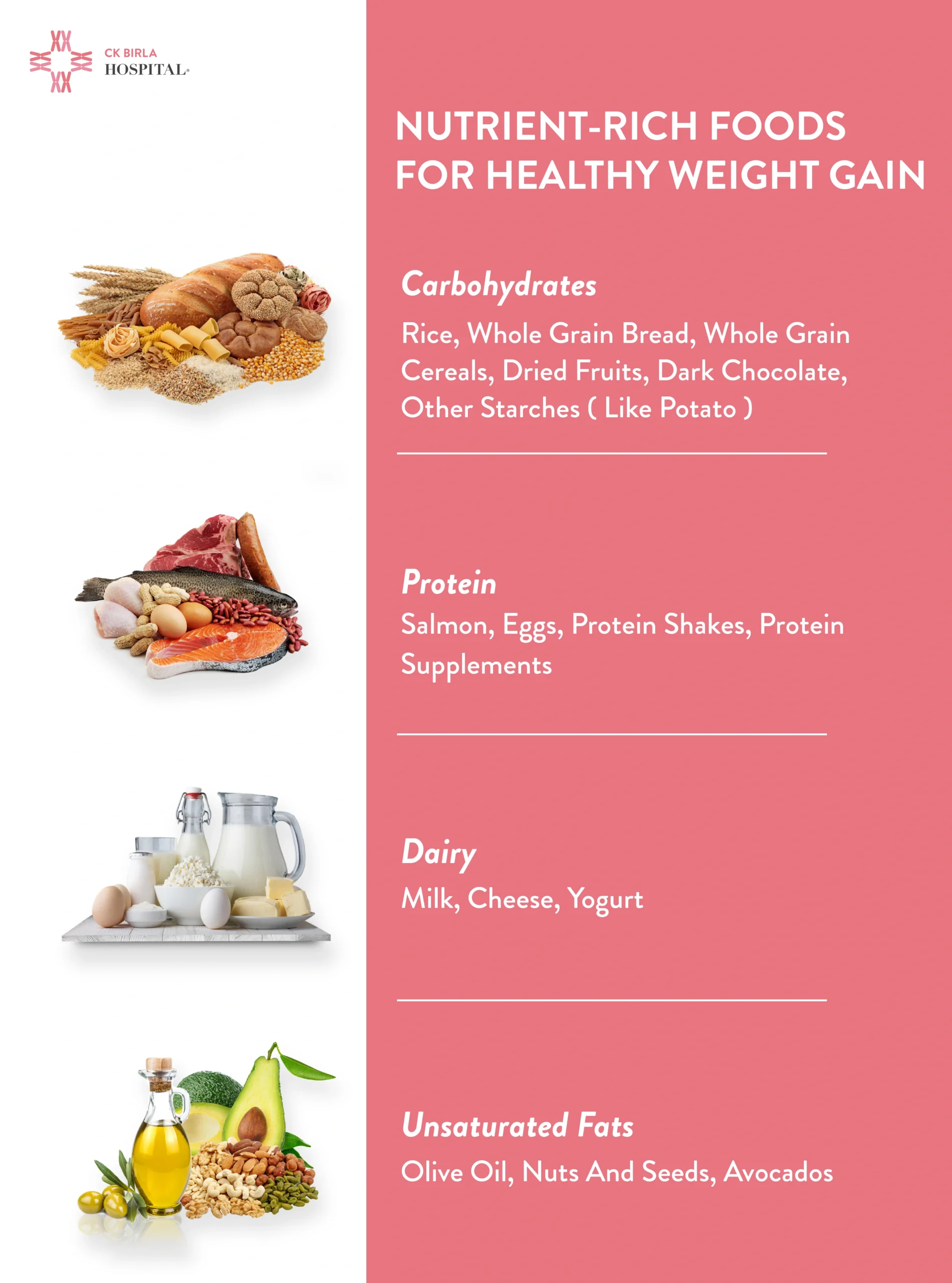A2102 Insights
Explore the latest trends and news on technology, lifestyle, and more.
Bulk Up Better with Every Bite
Transform your meals and maximize gains! Discover delicious tips to bulk up better with every bite. Fuel your fitness journey now!
Top 10 Nutrient-Dense Foods for Building Muscle
When it comes to building muscle, nutrition plays a pivotal role in maximizing your efforts in the gym. Choosing nutrient-dense foods is essential, as they provide the necessary vitamins, minerals, and macronutrients that support muscle recovery and growth. Here are the top ten nutrient-dense foods you should consider incorporating into your diet:
- Quinoa - A complete protein that contains all nine essential amino acids.
- Salmon - Rich in Omega-3 fatty acids that promote muscle recovery.
- Eggs - Packed with protein and vital vitamins for optimal muscle function.
- Spinach - Loaded with iron and nitrates that enhance strength and endurance.
- Greek Yogurt - A great source of protein and probiotics for gut health.
- Chicken Breast - Lean protein that is crucial for muscle repair.
- Sweet Potatoes - Carbohydrates to fuel your workouts.
- Almonds - Healthy fats that support overall health and energy levels.
- Lentils - A fantastic source of plant-based protein and fiber.
- Broccoli - Packed with fiber and essential vitamins for muscle recovery.

How to Create a Meal Plan for Effective Bulking
Creating a successful meal plan for effective bulking requires careful consideration of your caloric intake and macronutrient distribution. Begin by determining your daily caloric needs using a caloric calculator that factors in your age, weight, height, and activity level. Aiming for a gradual surplus of around 300-500 calories above your maintenance level is generally recommended. This will help you gain weight steadily without excessive fat accumulation.
Once you've established your caloric goal, focus on designing your meal plan with a balance of protein, carbohydrates, and fats. A recommended macronutrient ratio for bulking is 30% protein, 50% carbohydrates, and 20% fats. To simplify meal prep, consider organizing your week into meal prep days where you plan and prepare meals in advance. Incorporating nutrient-dense foods like lean meats, whole grains, and healthy fats will ensure you’re fueling your body for optimal gains. Additionally, keep snacks handy to maintain your caloric intake throughout the day.
Debunking Common Myths About Bulking and Muscle Gain
When it comes to bulking and muscle gain, many individuals find themselves surrounded by a plethora of myths that can lead them astray. One common misconception is that eating whatever you want during a bulking phase is acceptable, under the assumption that all calories contribute equally to muscle growth. In reality, quality matters just as much as quantity. Consuming nutrient-dense foods rich in protein, healthy fats, and complex carbohydrates is essential for optimal muscle recovery and growth. Instead of focusing solely on calorie count, individuals should prioritize a balanced diet that supports their fitness goals.
Another prevalent myth is that lifting heavy weights is the only way to gain muscle. While heavy lifting can indeed stimulate growth, it is not the sole avenue. Variations in training regimens, such as incorporating different rep ranges, utilizing bodyweight exercises, and ensuring proper form, are equally important. Moreover, rest and recovery play a crucial role in muscle gain. Overtraining can hinder progress, making it vital to allow your muscles adequate time to recover after intense workouts. In essence, effective bulking is not just about lifting heavy; it requires a multifaceted approach that includes training variety, nutrition, and recovery strategies.